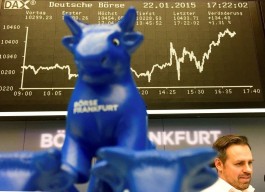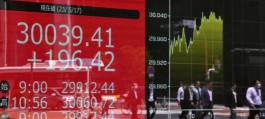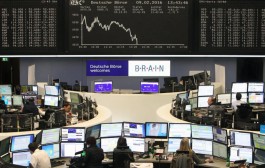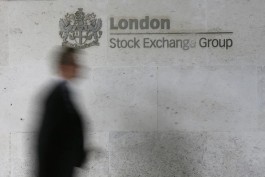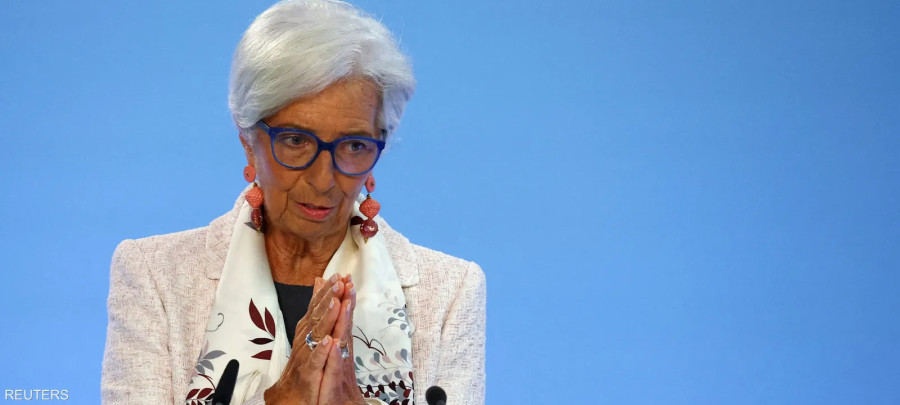European Central Bank President Christine Lagarde called on the European Union to create a common stock exchange group and a unified market regulatory body similar to the US Securities and Exchange Commission (SEC), and said that creating a common capital market with a strong regulatory body could help 4,800 companies in Europe... Raising an additional 535 billion euros ($584 billion) annually.
Lagarde said that there must be a Kantian shift (relative to the philosophical school affiliated with the ideas of the German philosopher Immanuel Kant, with regard to his views and intellectual orientations in the fields of philosophy of mind, epistemology, and ethics) in the European Union’s attempt to create a real single market for capital. She pointed out that European companies have so far only enjoyed limited access to capital compared to their American or British counterparts, noting the inability of fund managers to work easily across member states of the European bloc.
The former head of the International Monetary Fund wants to create a powerful European Securities and Exchange Commission with regulatory powers to oversee and maintain a single capital market by providing investors with common rules and giving companies access to deeper pools of financing and investment.
Facing the challenges of declining globalization
In a speech in Frankfurt, reported by The Times, Lagarde said such change was necessary to meet the challenges of declining globalisation, demographics and decarbonisation. She said there is increasing evidence that the global economy is divided into competing blocs. She added that in the euro area, the decline in the working-age population, that is, those between 15 and 64 years of age, appears to begin as early as 2025, and the impacts of climate disasters will increase every year, as will the need for climate action.
The European Union established the Capital Markets Union project in 2015 to unify the bloc's fragmented financial markets, as access to bank lending and investor capital remains difficult and takes place mainly at the national level.
The project has stalled as Brussels moves forward with more ambitious policy plans, such as creating a joint borrowing fund during the pandemic and trying to complete the European Union's banking union.
The European stock market is less than half of its American counterpart
Lagarde cited figures showing that the stock market in Europe is less than half the size of the stock market in the United States, that startups in the European Union attract much less funding than their American counterparts, and that the volume of American investments in small companies is more than four times higher.
The ECB President said that the current European Securities and Markets Authority, which has some supervisory powers, could be strengthened to become the new European Securities and Exchange Authority, and she also proposed unifying European stock exchanges under one group to improve listed companies' access to liquidity.
She continued, “Partial changes in legislation have systematically addressed obstacles or inconsistencies in areas ranging from clearing systems and sustainability disclosures to retail investment and investment funds with some notable successes, but it is clear that this strategy has not provided sufficient incentives for stakeholders to build a European market.”
















